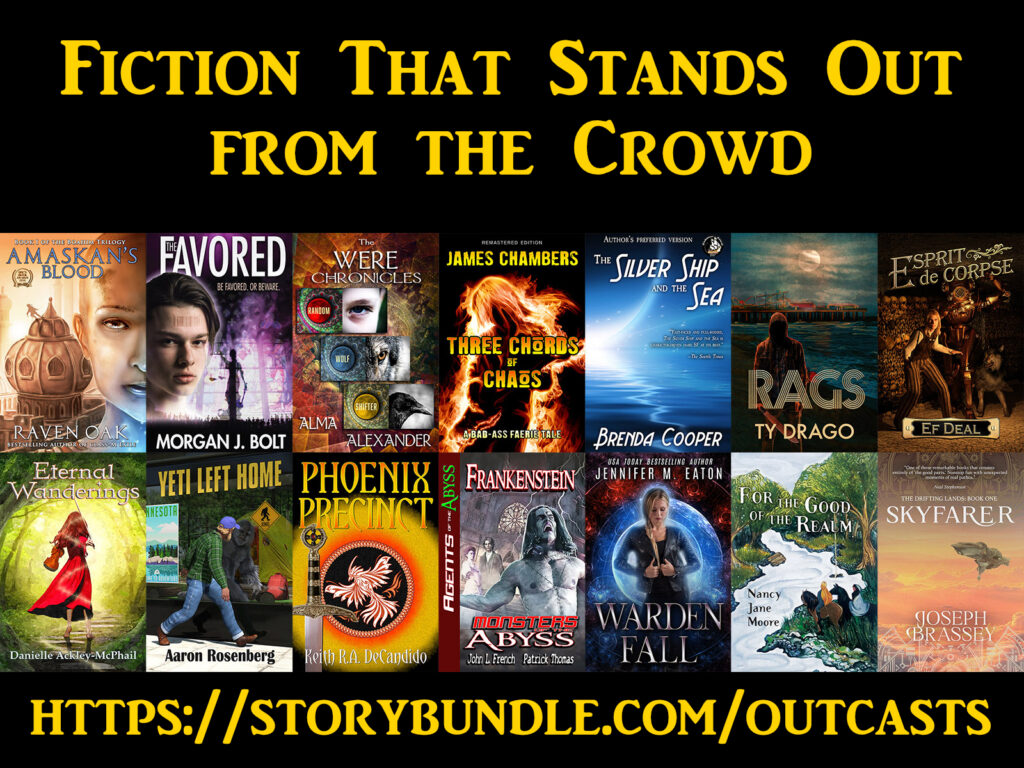I plan to live forever or die trying.
I’ve been saying that for years, and most people get the joke. We human beings aren’t immortal. Like all other life on this planet, sooner or later our physical being gives out.
I will confess that I would like to live a really long time mostly because the story of the world will still be going on after I die and I hate stopping in the middle of a good story (or, for that matter, a scary story). But I don’t want to outlive my mind and I know bodies can’t last forever.
I have often thought that it would be good if humans had a longer life span than we currently experience on the off chance that more of us would develop some wisdom while we were still capable of doing something with it. These days things that happened forty or fifty years ago are treated like ancient history and yet those very things have a profound effect on what’s going on today. Unfortunately, too many people making decisions right now don’t understand what happened fifty years ago, much less a hundred and fifty years ago.
When I think of extending human life, I’m looking at our increased understanding of human health and ability to deal with diseases. Some of that comes from major advances in biology and medicine, but some of it is much more simple and basic than things like CRISPR or even open heart surgery.
Cleaning up the air – indoors as well as outdoors – can have a large effect on our health, just to throw out one example. And that’s not to mention changing work situations so that people don’t literally work themselves to death.
But even with some real progress, even if more people continue to thrive into their 100s, we’re still not going to become immortal. We’re animals and animals don’t live forever.
Unless, of course, you believe in the singularity and transhumanism and think we’re all going to be uploaded into some kind of digital selves. Continue reading “Immortality”…


 Over lunch this week, Madeleine Robins and I discussed a book we’ve both read more than once: Sinclair Lewis’s It Can’t Happen Here.
Over lunch this week, Madeleine Robins and I discussed a book we’ve both read more than once: Sinclair Lewis’s It Can’t Happen Here.